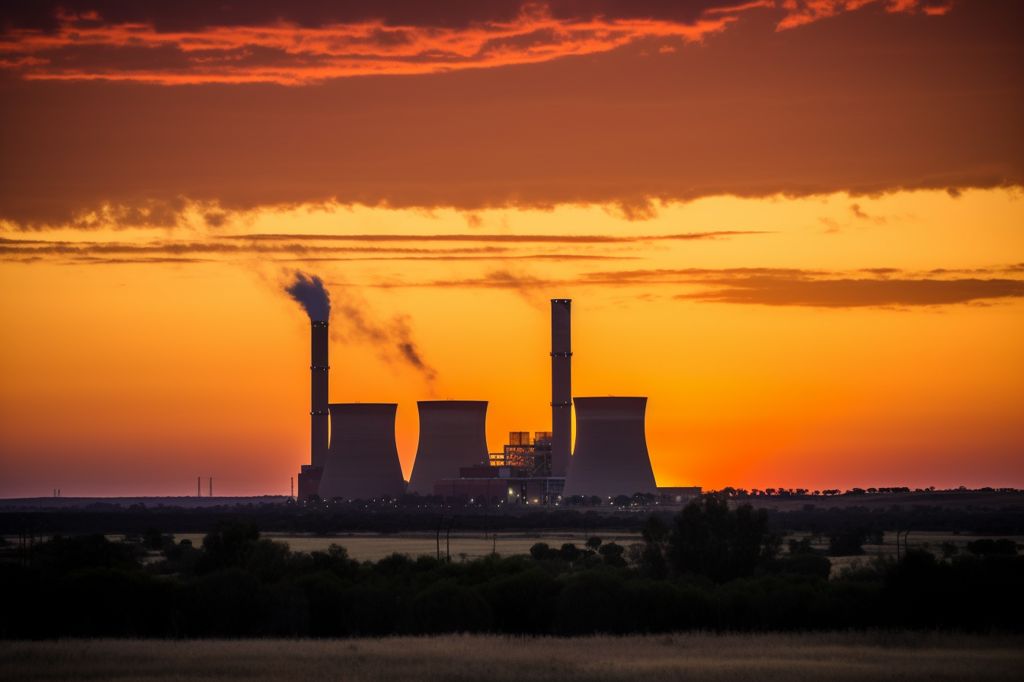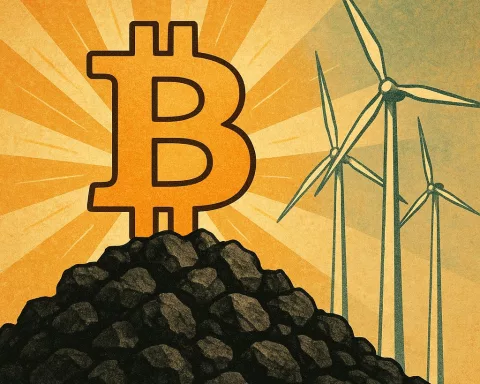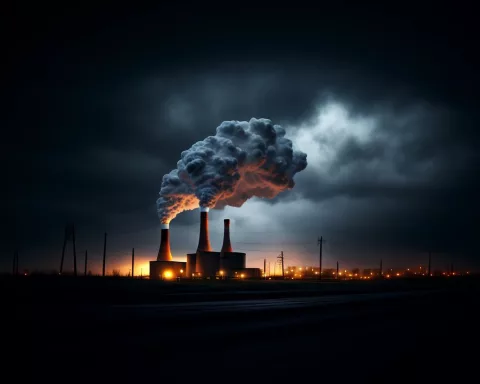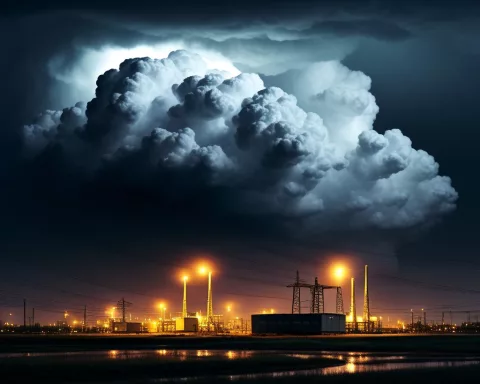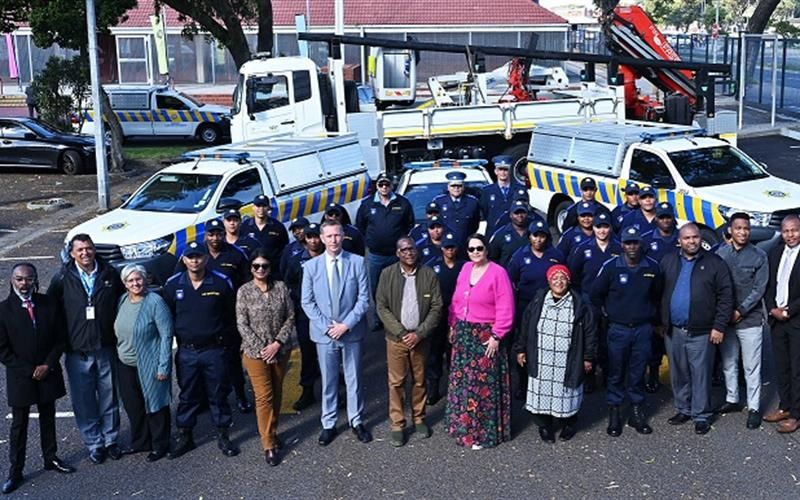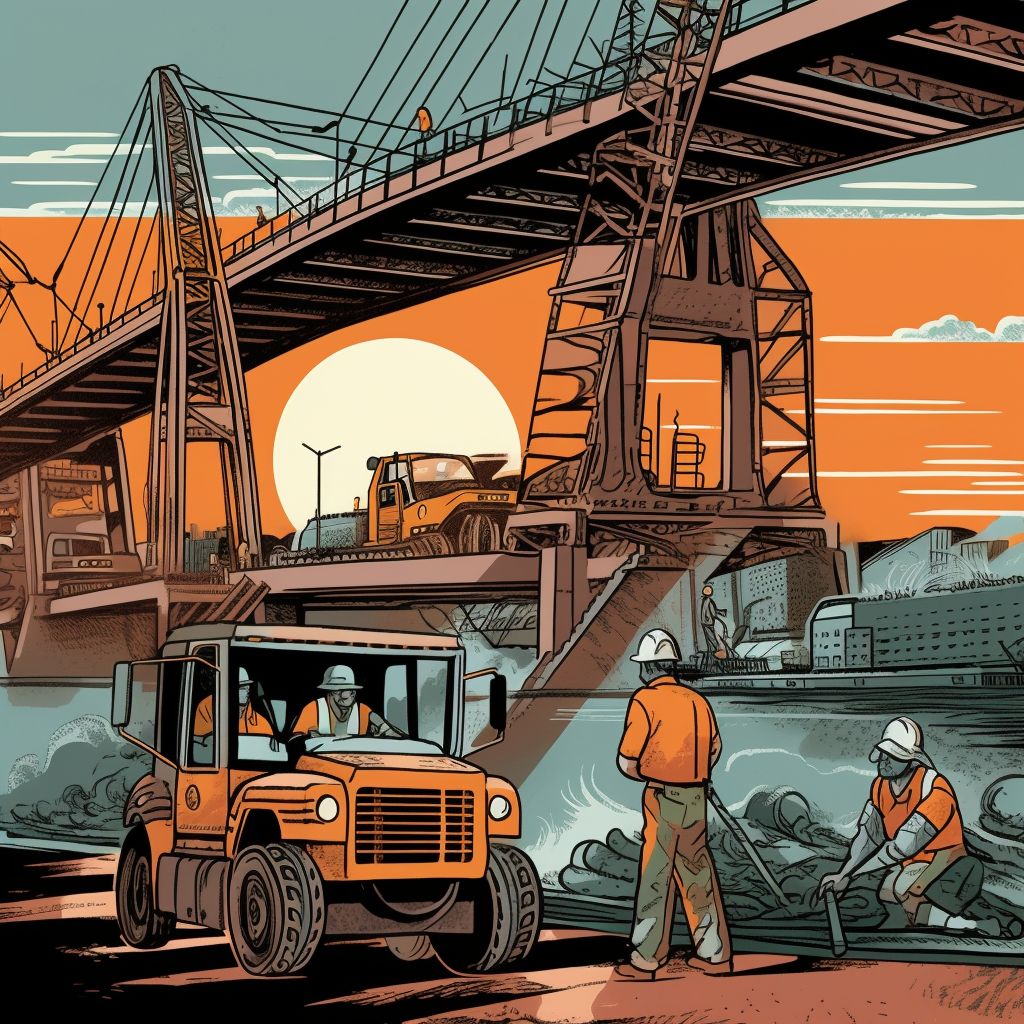The Kusile Power Station is an ambitious project that has been in construction for over a decade. With an estimated cost of R160 billion, it is one of the largest coal-fired power stations in the world, with a capacity to generate 4,800 megawatts of electricity upon completion.
The South African Government’s Integrated Resource Plan
As part of the South African Government’s Integrated Resource Plan (IRP), the Kusile Power Station plays a crucial role in meeting the country’s energy needs while transitioning to more sustainable sources of energy. The IRP aims to generate 59% of the country’s electricity from renewable energy sources by 2030, reducing the country’s dependence on fossil fuels and decreasing the carbon footprint of the energy sector.
Challenges Faced by the Kusile Power Station Project
The Kusile Power Station project has faced its share of challenges, including allegations of corruption, delays in construction, and technical issues. However, the government’s commitment to resolving these issues has led to progress in addressing these concerns.
Resolving the Load-Shedding Problem
Minister Ramokgopa’s recent visit to the Kusile Power Station is a significant step towards resolving the ongoing problem of load-shedding in South Africa. Load-shedding has had a negative impact on the country’s economy and businesses, leading to lost revenue and job losses. During the height of load-shedding in 2019, the country’s GDP contracted by 1.4%, resulting in an estimated loss of R11 billion in revenue.
Commitment to Sustainable Energy
The South African government’s commitment to resolving the load-shedding problem by improving the performance of the Eskom coal fleet and transitioning to more sustainable energy sources is a positive step towards a better future for the country’s electricity supply. With the government’s support and continued efforts, the Kusile Power Station project is an essential part of achieving this goal.

